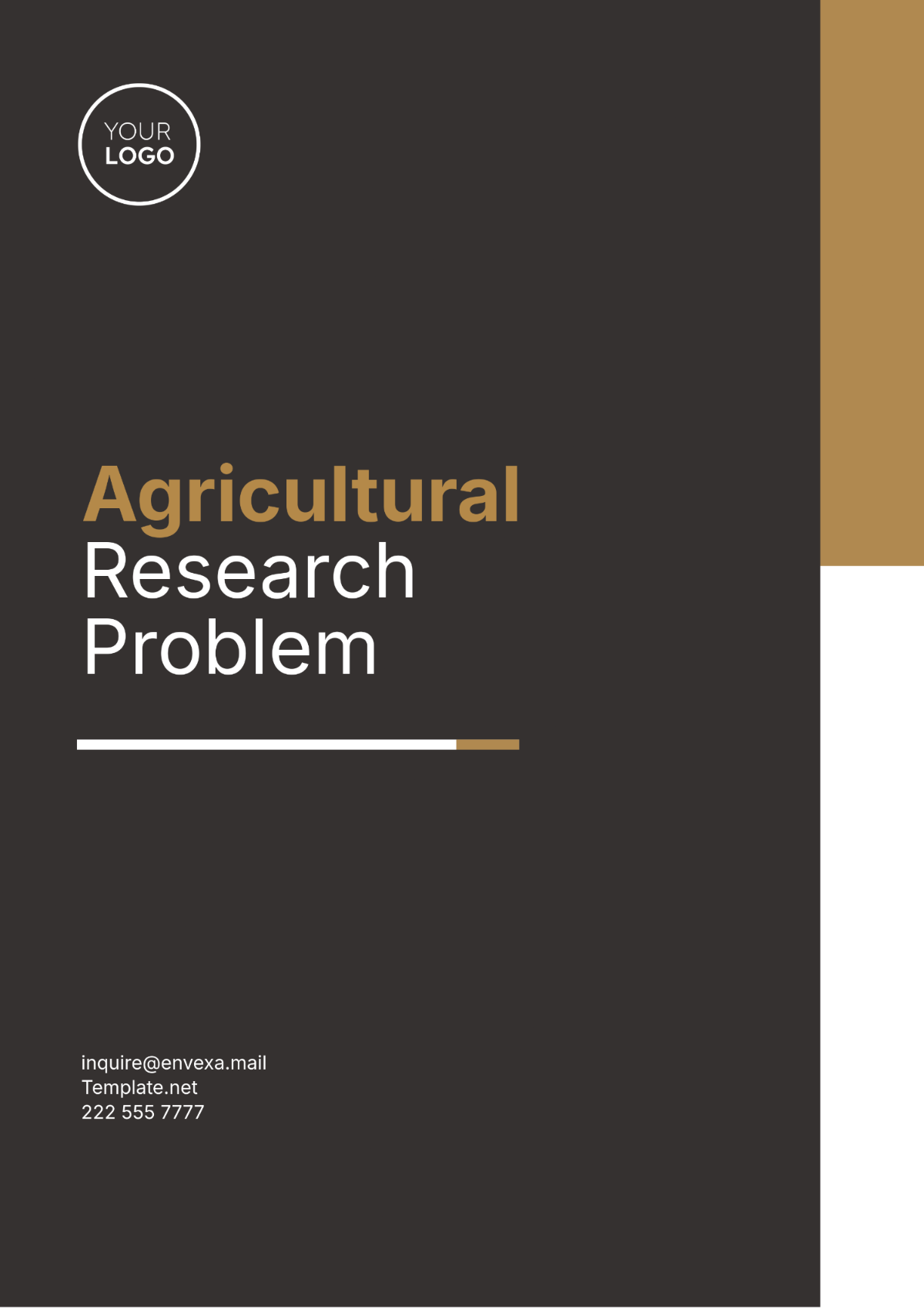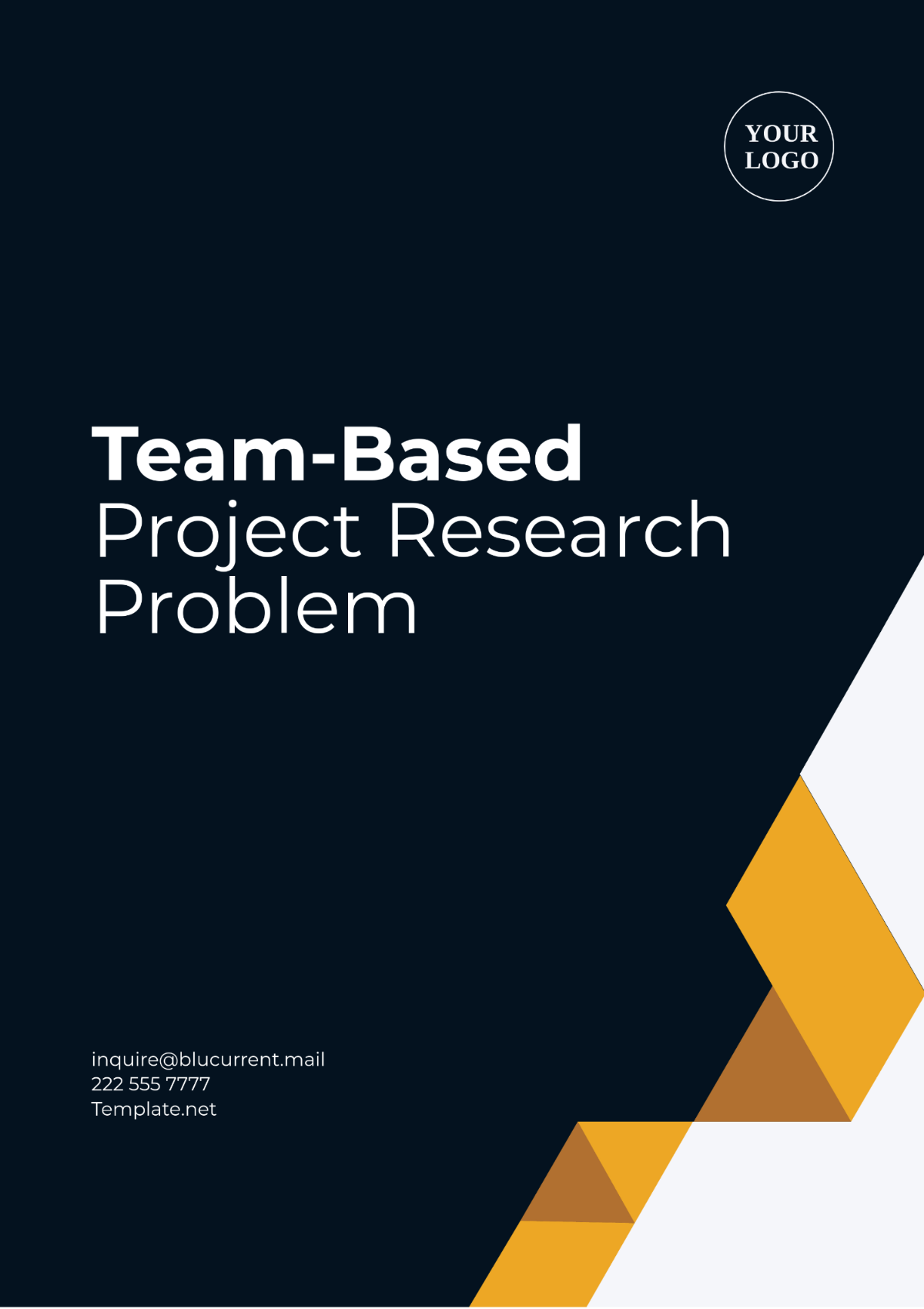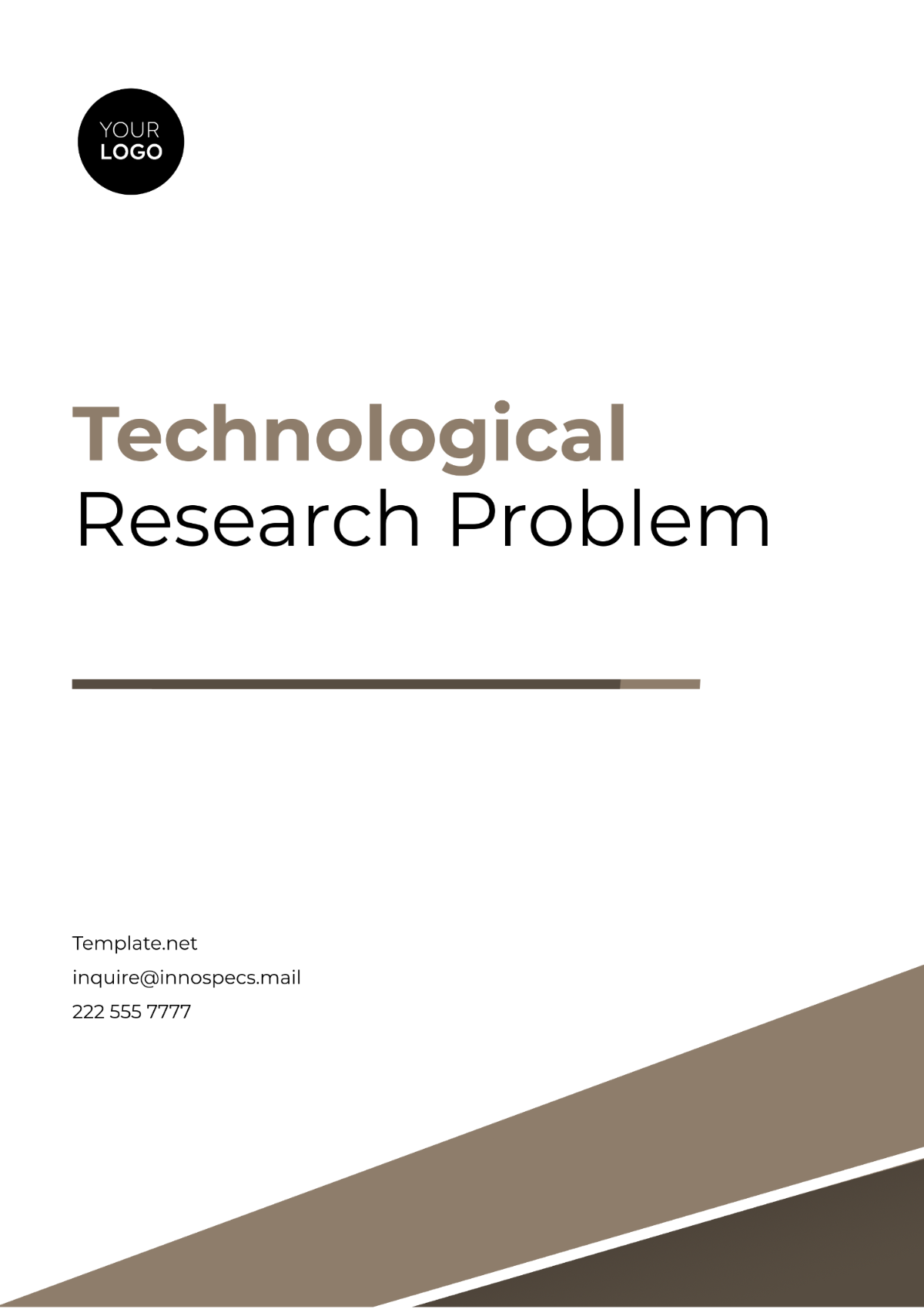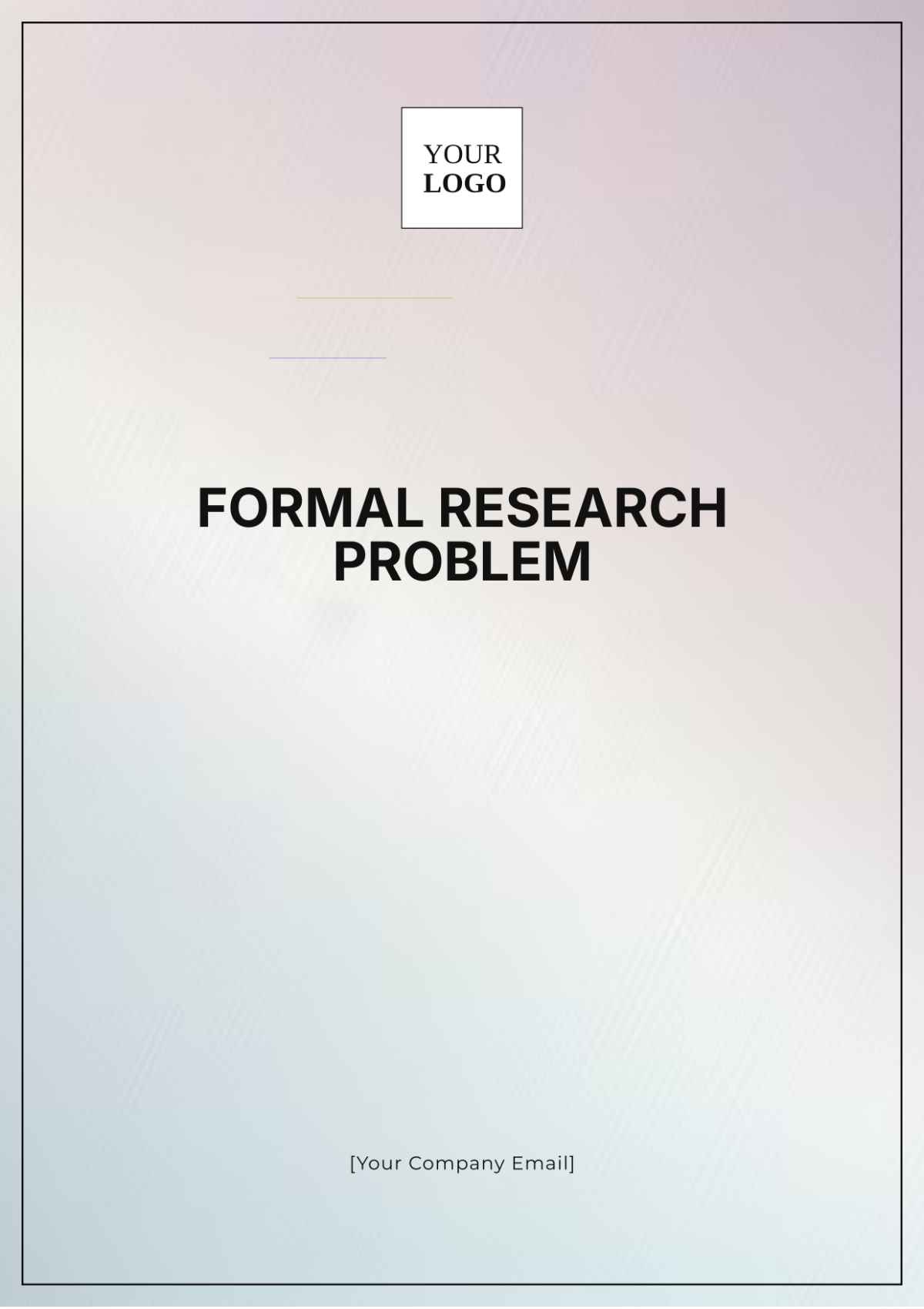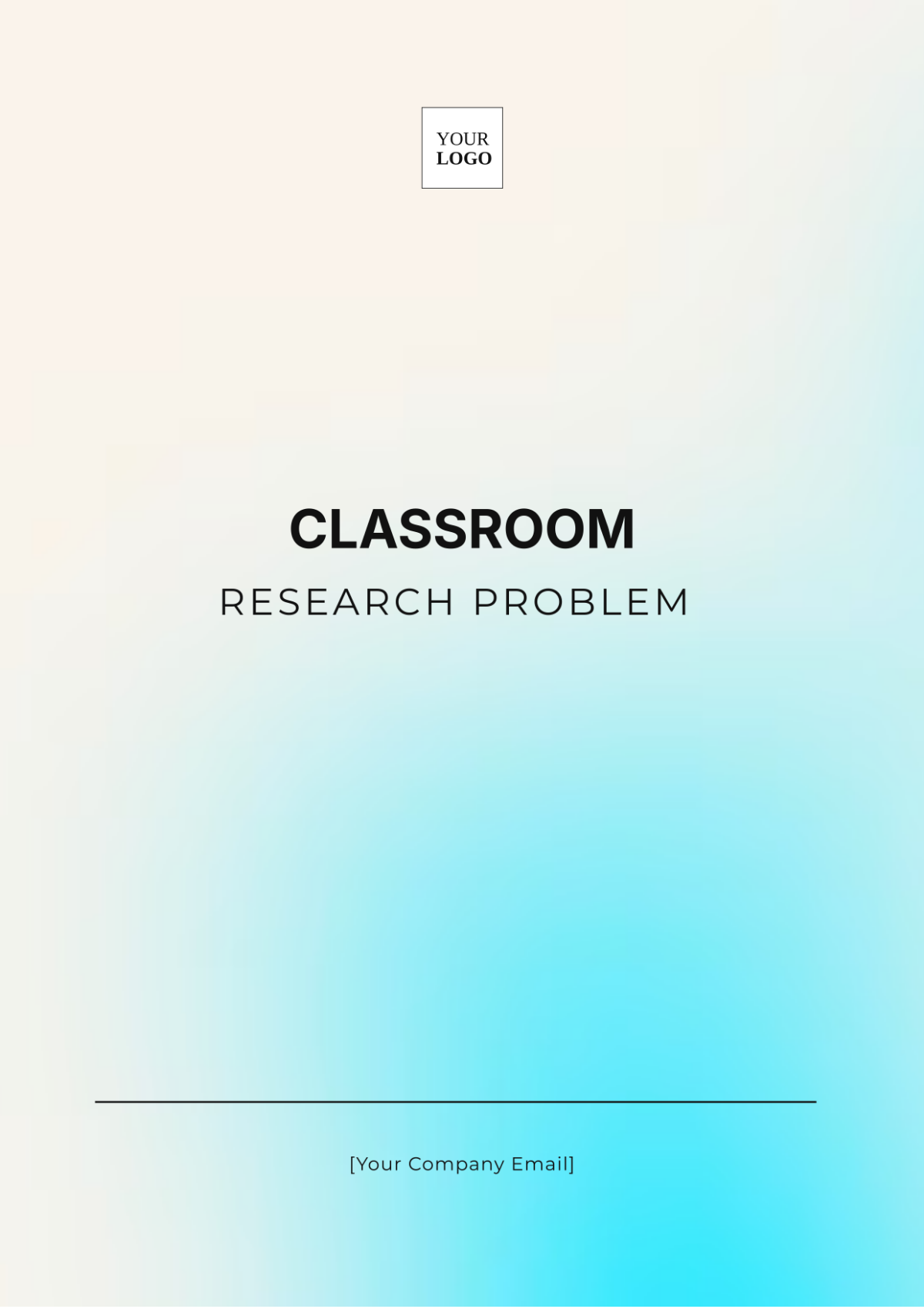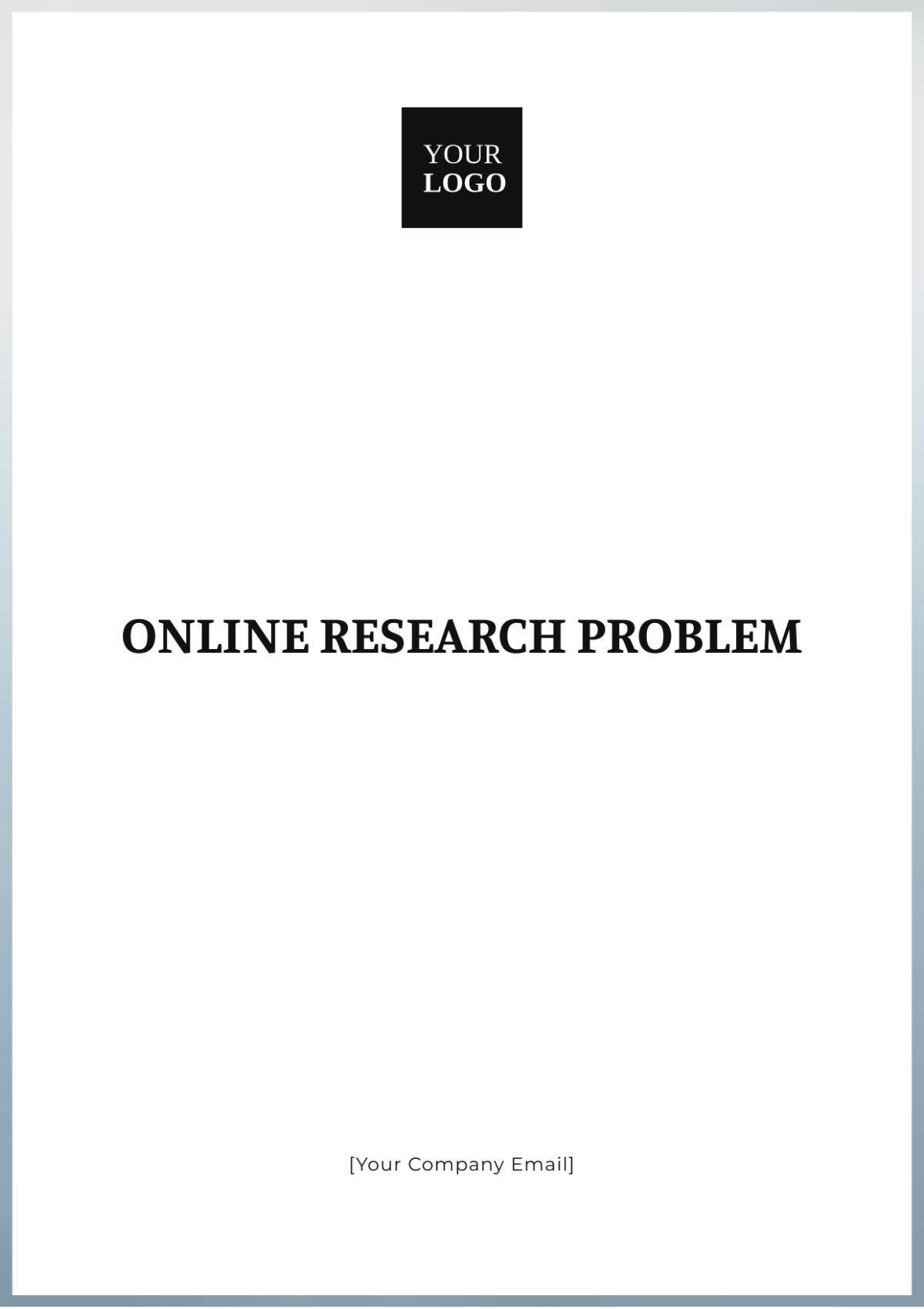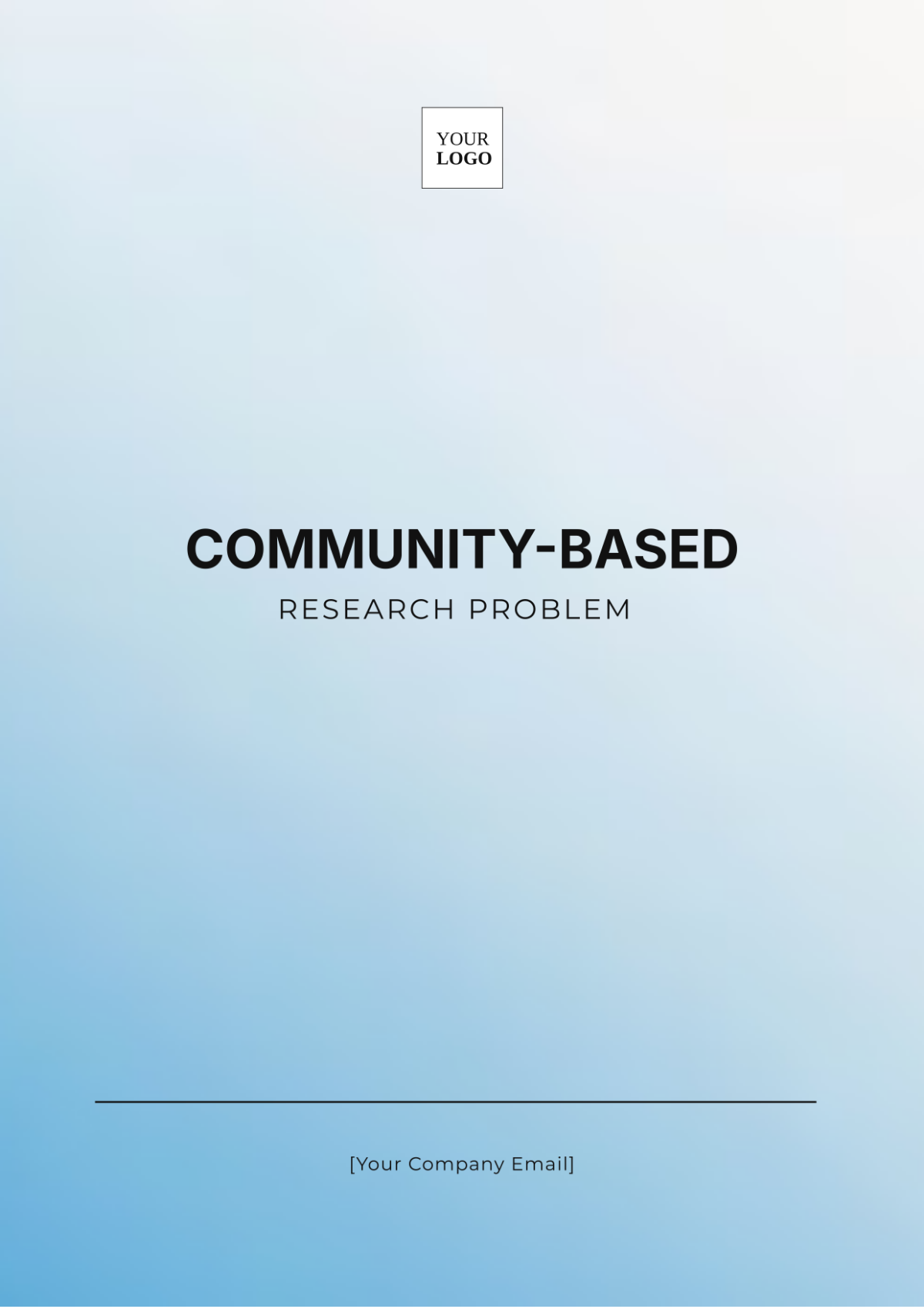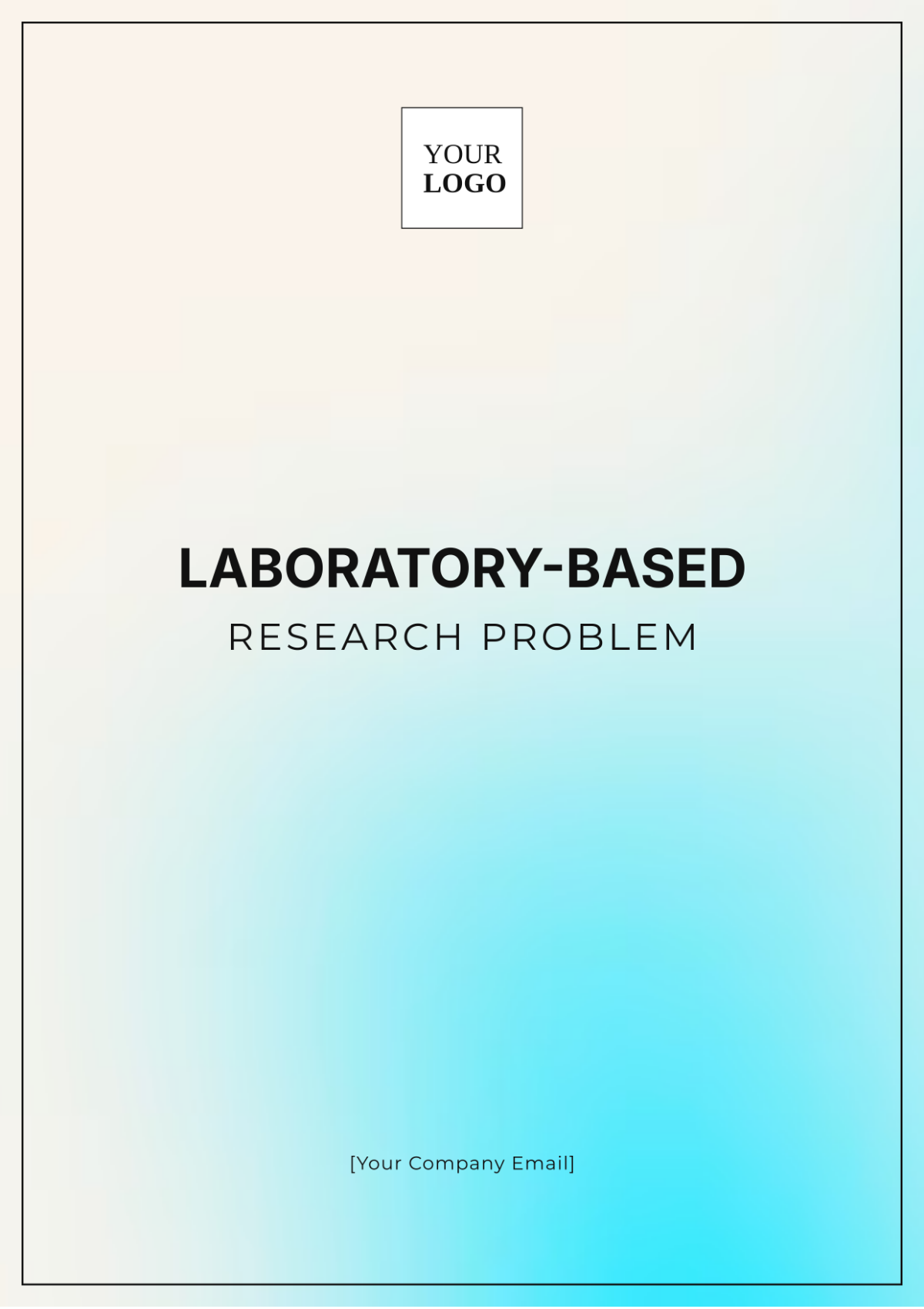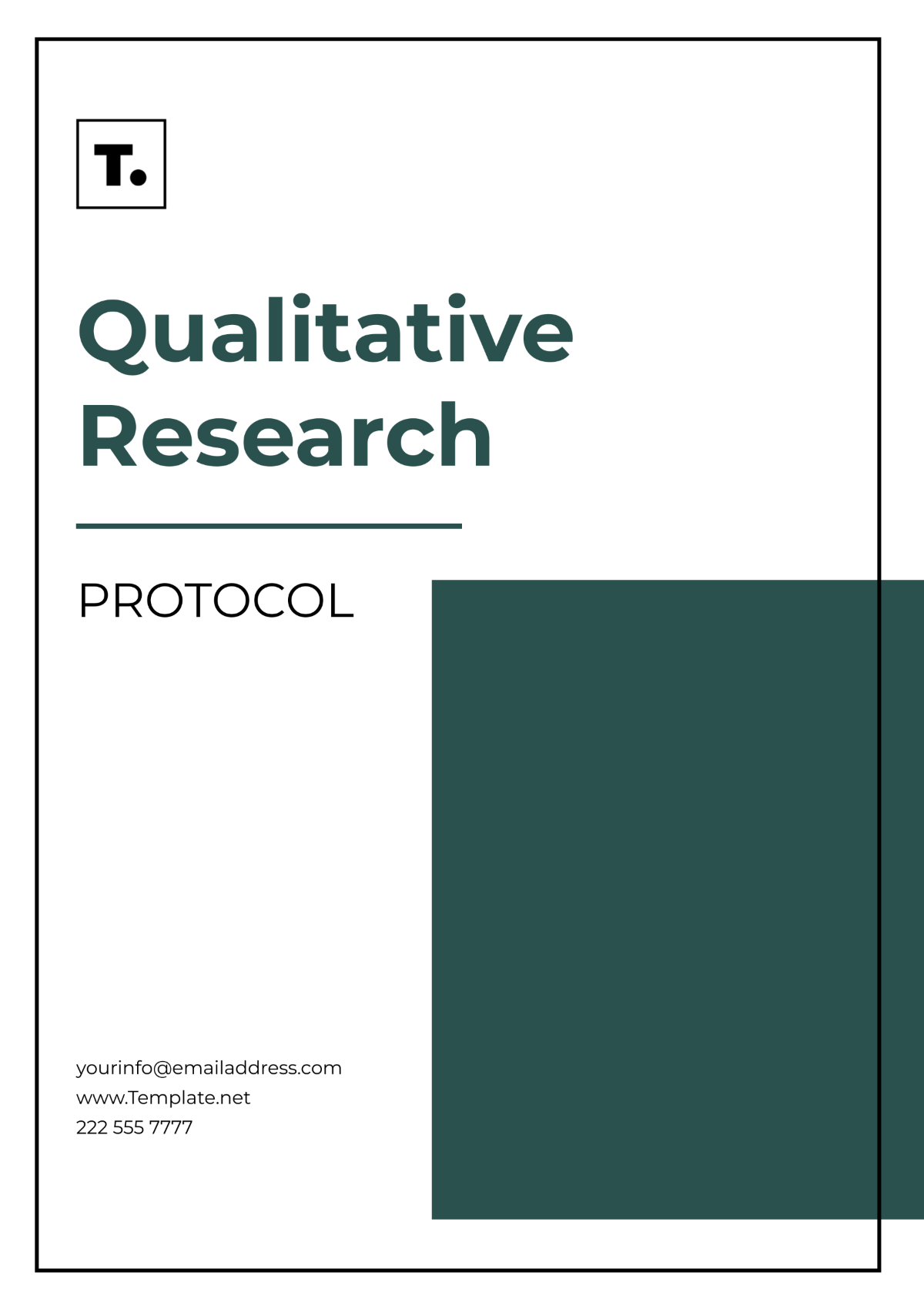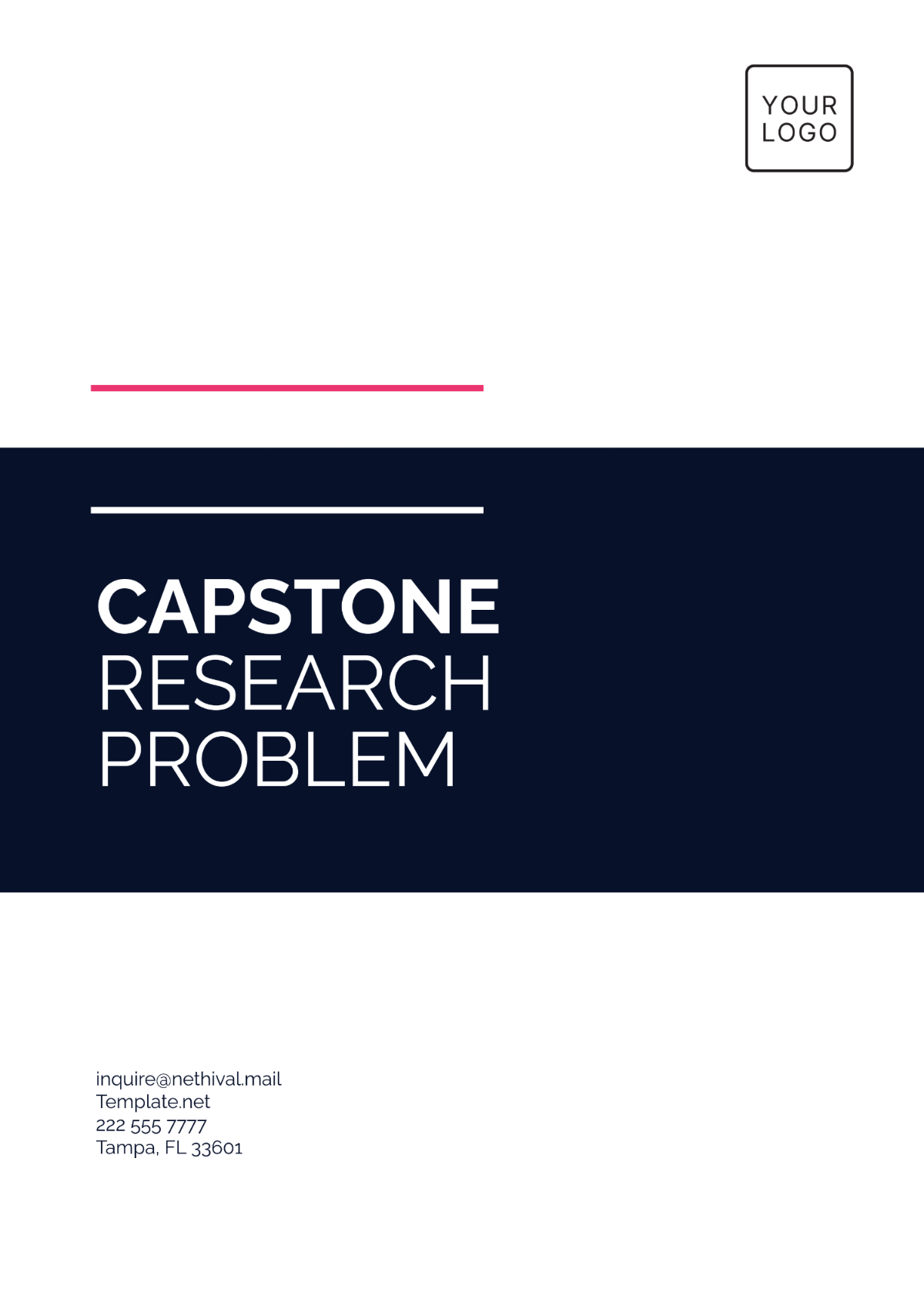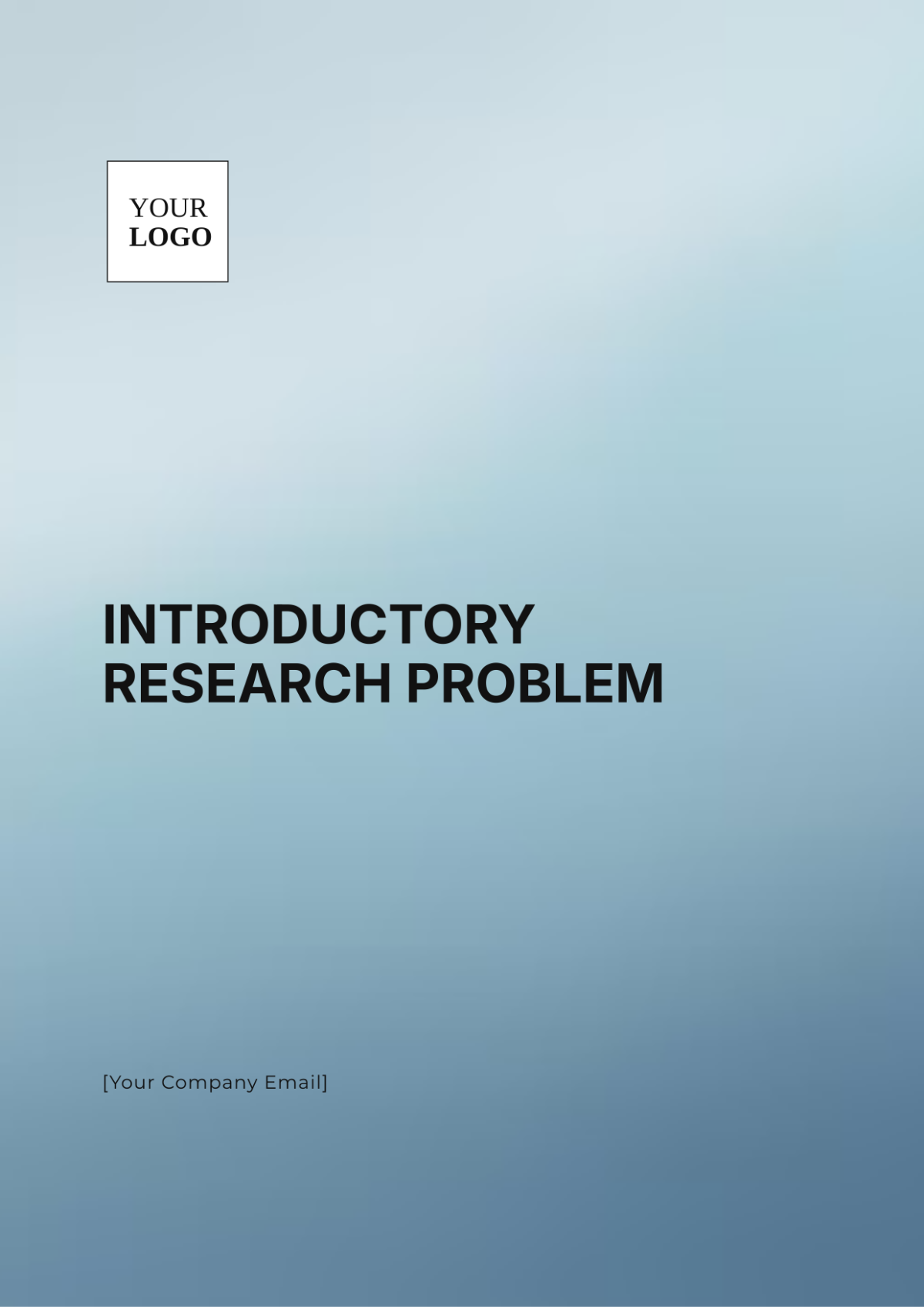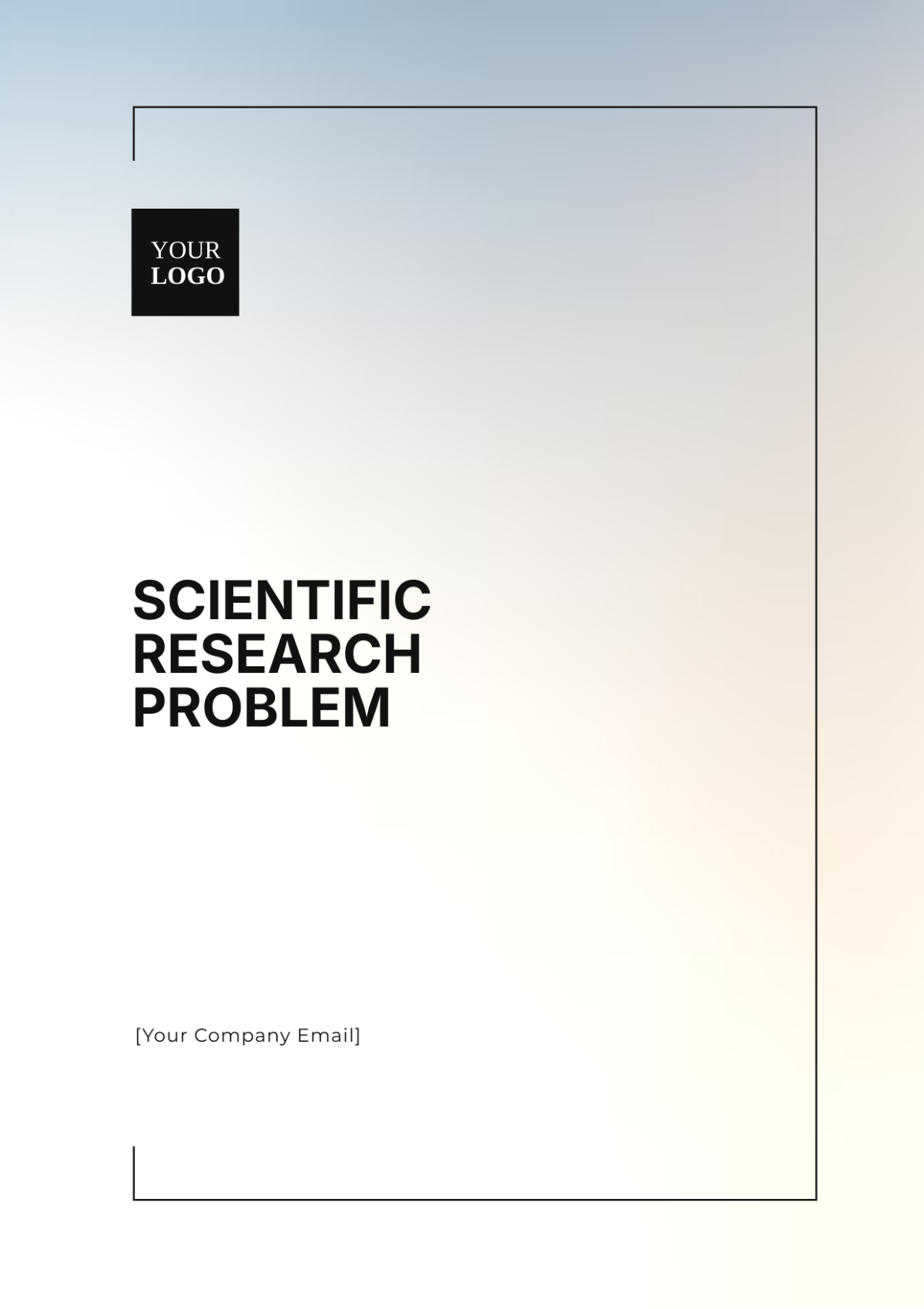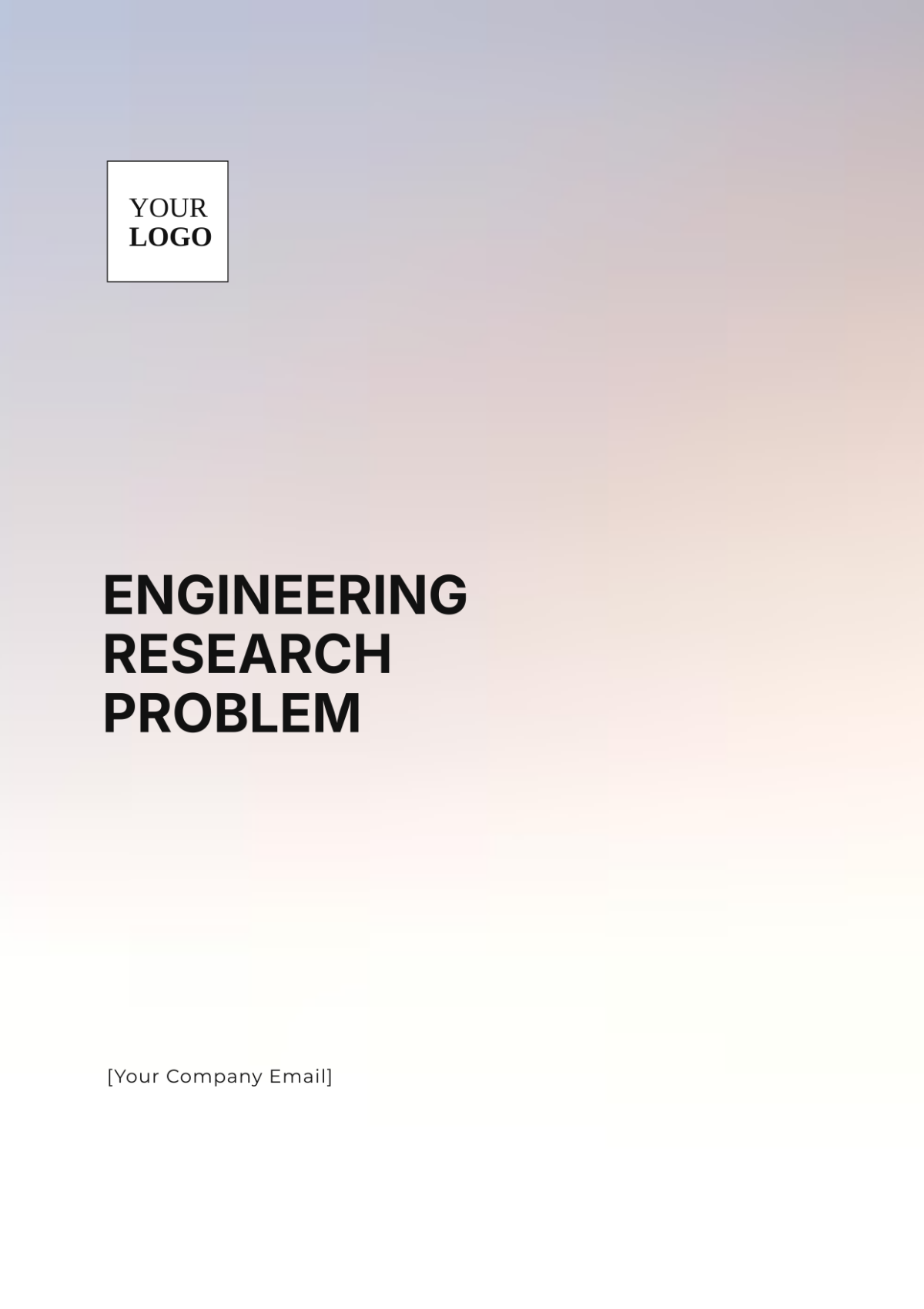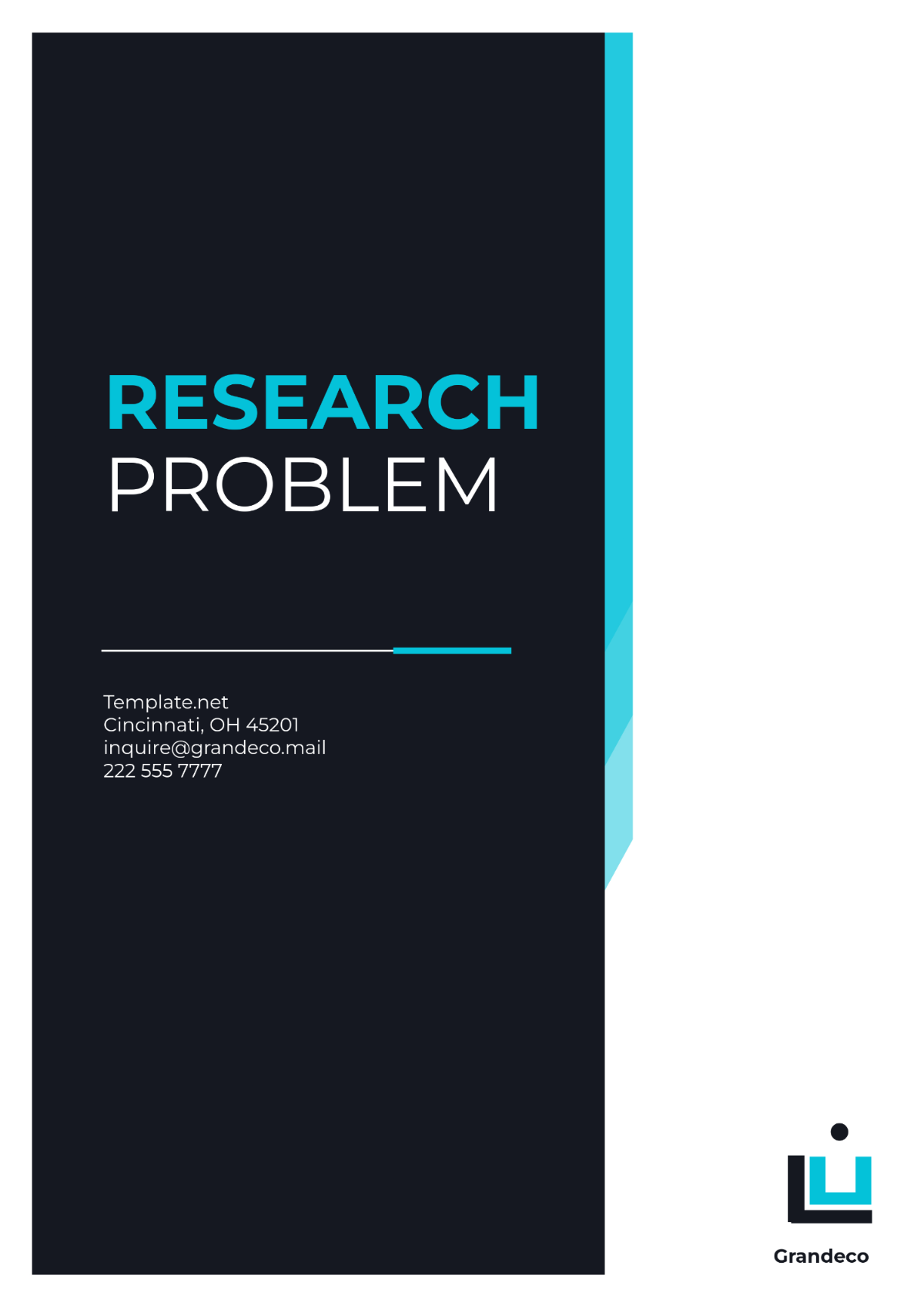EndNote Integration in the Research Process
Prepared By: [Your Name]
Organization Name: [Your Company Name]
1. Introduction
The integration of EndNote into the research process is instrumental in simplifying the management of references, organizing citations, and facilitating collaborative efforts. EndNote, a robust reference management software, empowers researchers, academics, and students to ease the often cumbersome tasks associated with collecting, organizing, and citing literature. This research explores the seamless incorporation of EndNote into various stages of conducting research.
2. Benefits of EndNote in Research
EndNote offers a multitude of benefits that enhance the efficiency and accuracy of the research process:
Efficient Reference Management: Easily collect and store references from diverse sources.
Collaboration: Share reference libraries and collaborate with research partners effortlessly.
Organization: Organize references into groups and categorize them based on research themes.
Automated Citation: Automatically generate citations and bibliographies in various formatting styles like APA, MLA, Chicago, etc.
Note-taking: Attach PDFs, annotations, and personal notes to references.
3. Stages of Research with EndNote
3.1 Literature Review
During the literature review stage, EndNote proves invaluable for managing references. Researchers can:
Import References: Seamlessly import references from major databases such as PubMed, Google Scholar, and other academic sources, which saves time and ensures comprehensive data collection.
Organize References: Create and manage specific groups based on subject matter, research questions, or themes, facilitating easier retrieval and review of relevant literature.
Attach and Annotate: Attach full-text PDFs, make annotations, and add personal notes to each reference, enabling a more thorough and organized review process. This feature supports a detailed examination of sources and helps track important insights.
3.2 Data Collection and Analysis
In the data collection and analysis phase, EndNote assists in:
Organizing References: Keep references and related literature securely organized within the EndNote library, ensuring that all relevant materials are easily accessible.
Linking Data: Link references to specific data sets or research findings, which helps in maintaining a clear connection between literature and the data being analyzed.
Tracking Updates: Monitor and update reference details as new information or data becomes available, ensuring that the research remains current and accurate.
3.3 Writing and Drafting
When drafting a manuscript, EndNote integrates with word processors to simplify the writing process:
Insert Citations: Effortlessly insert accurate citations within the text of the manuscript, reducing the manual effort of formatting and ensuring that all sources are properly credited.
Format Bibliographies: Automatically generate and format bibliographies according to the specified citation style, such as APA, MLA, or Chicago, which streamlines the final stages of manuscript preparation.
Manage Citations: Easily manage and reorganize citations as the document evolves, allowing for quick updates and adjustments as new references are added or changes are made to the manuscript.
3.4 Peer Review and Revisions
EndNote facilitates collaboration and revisions during the peer-review process:
Shared Access: Allow reviewers and co-authors to access the shared EndNote library, enabling them to view, suggest edits, or add additional references.
Streamlined Feedback: Receive and incorporate feedback directly within the EndNote library, which helps to efficiently integrate peer suggestions and ensure that the manuscript is well-supported by relevant literature.
Version Control: Track and manage different versions of the reference library as updates are made, maintaining a clear record of changes and additions.
4. Collaboration with EndNote
EndNote supports collaborative research efforts through:
Library Sharing: Share your EndNote library or specific groups of references with colleagues, facilitating effective teamwork and ensuring that all members have access to the same resources.
Synchronization: Synchronize updates across multiple devices and team members, ensuring that changes are reflected in real-time and that all collaborators are working with the most current information.
EndNote Web: Utilize EndNote Web for online collaboration, providing access to reference libraries from anywhere with an internet connection, which supports remote and distributed research teams.
5. Comparative Benefits
Feature | EndNote | Other Tools |
|---|---|---|
Automated Citation | Yes | Varies by tool |
Collaboration | Seamless library sharing | Limited or more complex |
Integration with Word Processors | Full integration with Word | Partial or needs plugins |
Reference Organization | Groups and tags | Varies by tool |
Database Imports | Direct import from major databases | Depends on the tool |
6. Conclusion
Integrating EndNote into the research process offers unparalleled advantages in managing references, organizing citations, and fostering collaboration. By streamlining these critical tasks, EndNote enhances the efficiency and accuracy of research endeavors, ultimately contributing to more productive and impactful research outputs.
7. References
Smith, J. A. (2050). Understanding Research Methodologies: A Comprehensive Guide. Academic Press.
Johnson, L. M. (2051). The impact of reference management tools on academic writing. Journal of Academic Research, 12(3), 45-67. doi:10.1234/jar.2025.12345
Williams, R. K. (2052, August 15). Best practices for using EndNote in academic research. Research Insights. https://www.researchinsights.com/endnote-best-practices
















